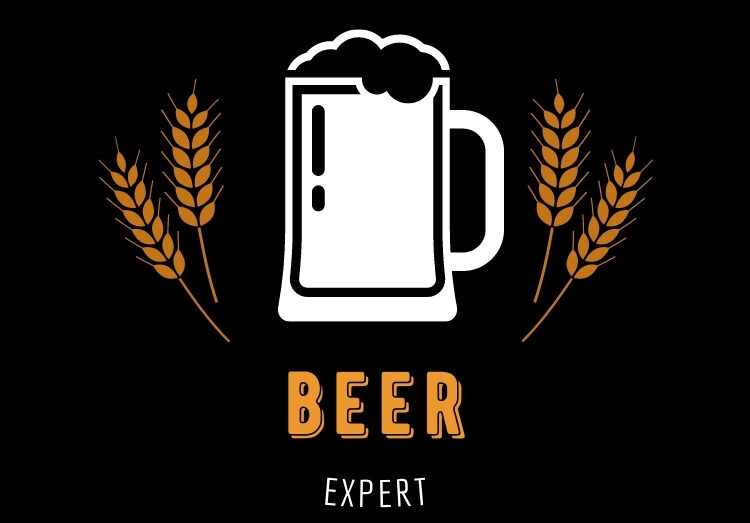What do Boddingtons, Staropramen, Budweiser and Stella Artois all have in common besides being very popular beers? All are owned by colossal multi-national brewing corporations – but who are these beer behemoths?
Is My Beer for Real?
When you sup a beer many different aspects are absorbed other than simply taste and alcohol. Every beer has its own perceived identity, tradition, locality and standard.
Boddingtons is, for instance, a centuries old northern English ale for the honest working man, Stella Artois and Staropramen are fine continental pilsners for the refined European palate, Budweiser is the classic US drink for the American patriot. But of course this is all myth-making. Like many beers available in beers and supermarkets up and down the UK, all are mass produced by massive multi-national brewing corporations that care little for tradition, local identity, economy, craftsmanship or even flavour.
In reality Boddingtons, Stella Artois, Staropramen and Budweiser are all owned by Belgian-Brazilian corporation Anheuser-Busch InBev (AB InBev) and the liquid you’re supping was likely brewed under licence in the UK, a long way from its traditional home. Even Boddingtons is largely brewed, away from the chimney stacks and swagger of its historic home of Manchester, in Wales and Scotland.
The giant brewers are known for putting profit and shareholder wealth above quality and local beer traditions, and boast ruthless records for closing breweries and cutting back brands. But at the end of the day if you believe you are drinking an original crisp Kronenbourg 1664 from Alsace, France then does it really matter it was actually brewed in Reading? Does it even matter that Kronenbourg is itself owned by Carlsberg?
For many beer lovers it certainly does matter and it is important to know who the brewing multinationals are and what beverages they own.
Anheuser-Busch InBev
AB InBev is the largest of the four main brewing monoliths and accounts for over a fifth of the world beer market and the production of around 65 billion pints of beer a year.
Its suitably unwieldy name accounts for the fact that this colossus is the product of a succession of corporate takeovers – past brewer dominoes of Interbrew, AmBev and Anheuser-Busch have all been crushed together to form the badge of beer dominance.
Interbrew merged with Brazilian brewer AmBev in 2004 to form InBev, and then in July 2008, the world powerhouse took over the USA’s pride and joy, Anheuser-Busch, in a deal valued at $52bn (£26bn).
The idea of the USA’s beloved brewery and its favourite all-American beer, Budweiser, falling into Belgian hands sparked enormous controversy at the time. In actuality, despite being based in Belgium, InBev is largely Brazilian owned, such is the nature of multi-national corporate affairs. Of course the irony that the name Budweiser is actually intended to denote something that is produced in the German city of Budweis – now Ceské Budejovice in the Czech Republic – was lost in the midst.
SABMiller
In the world of brewing corporations localities and international borders are irrelevant, apart from as a promotional tool. The world’s second largest brewer, SABMiller, has brewing interests and distribution agreements on six continents. Its international portfolio boasts such top local beer brands as Czech’s Pilsner Urquell – the ‘original pilsner’ – Italy’s Nastro Azzurro, Netherlands’ Grolsch, USA’s Miller Genuine Draft, South America’s Bavaria S.A. and China’s oldest brewer Harbin.
Even brewing rivalries don’t mean anything. The famous 135 year rivalry between Coors and Miller faded to nothing when SABMiller, after previously acquiring Miller in 2002, joined forces with the Molson Coors Brewing Company in 2008 to create MillerCoors.
The actual roots of the multinational are in South Africa – SAB stands for South African Breweries – where it was founded in 1895. It began investing in European beers in 1990 and is now based in London.
Heineken and Carlsberg
The UK’s own standing in the world beer market disappeared when one time major Scottish and Newcastle was acquired jointly by Heineken and Carlsberg in April 2008 – a benchmark year for brewer takeovers – and its assets divided up. Heineken picked up the Strongbow and Bulmers ciders and both John Smith’s and Newcastle Brown Ale.
Heineken itself now ranks as the third largest brewery in the world, owning well over a hundred breweries in over 65 countries. This Dutch brewing company was founded in Amsterdam in 1864 and its portfolio includes over 170 premium, regional, local and speciality beers, including Cruzcampo, Murphy’s, Birra Moretti, and Tiger Beer. It is considered to be the marginally more sympathetic of the major breweries to local brewing traditions.
The present title of 4th largest brewery group belongs to the Danish Carlsberg corporation. It was originally founded in 1847 and its headquarters are in the capital of Copenhagen. Its main brand is Carlsberg but it also brews Tuborg, San Miguel and Kronenbourg.
